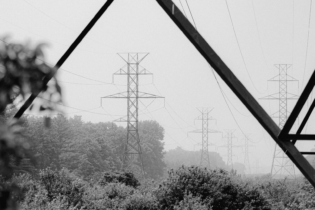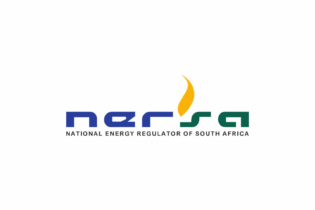Africa faces a major energy crisis and half of the sub-Saharan African population will be without power by 2030. This is according to a recent study by the World Bank’s energy unit. The report shows that of the 54 countries in Africa, almost half, 25 nations, will suffer this fate unless commitments are made to reverse this trend.
A United Nations-led environmental programme estimates that around 7 000MW of power needs to be installed every year is power supply is to be retained. Challenges faced on the continent include lack of reliability on the system. Power outages average 56 days a year which translates into an estimated loss of between six and 20% in revenue.The cost of electricity is also an issue. The rates on the continent are higher than those in the developed world. The rate here averages R1.04 per kilowatt hour compared to 32 to 64 cents in developed countries. The cause of this can primarily be attributed to the use of very expensive diesel generators both primary and back-up power suppliers.
In South Africa, the continent’s major and dominant producer of electricity, there are also on-going power shortages due to pressure on the existing infrastructure. Eskom has appealed to a 10% reduction in demand which translates to 3 000MW. The energy entity says that this will allow it to sustain a ramp up of maintenance and will create capacity for continued economic growth. Eskom currently has a typical available capacity in the region of 37 000MW taking into account plant maintenance and unplanned outages.
Source: esi-africa.com





